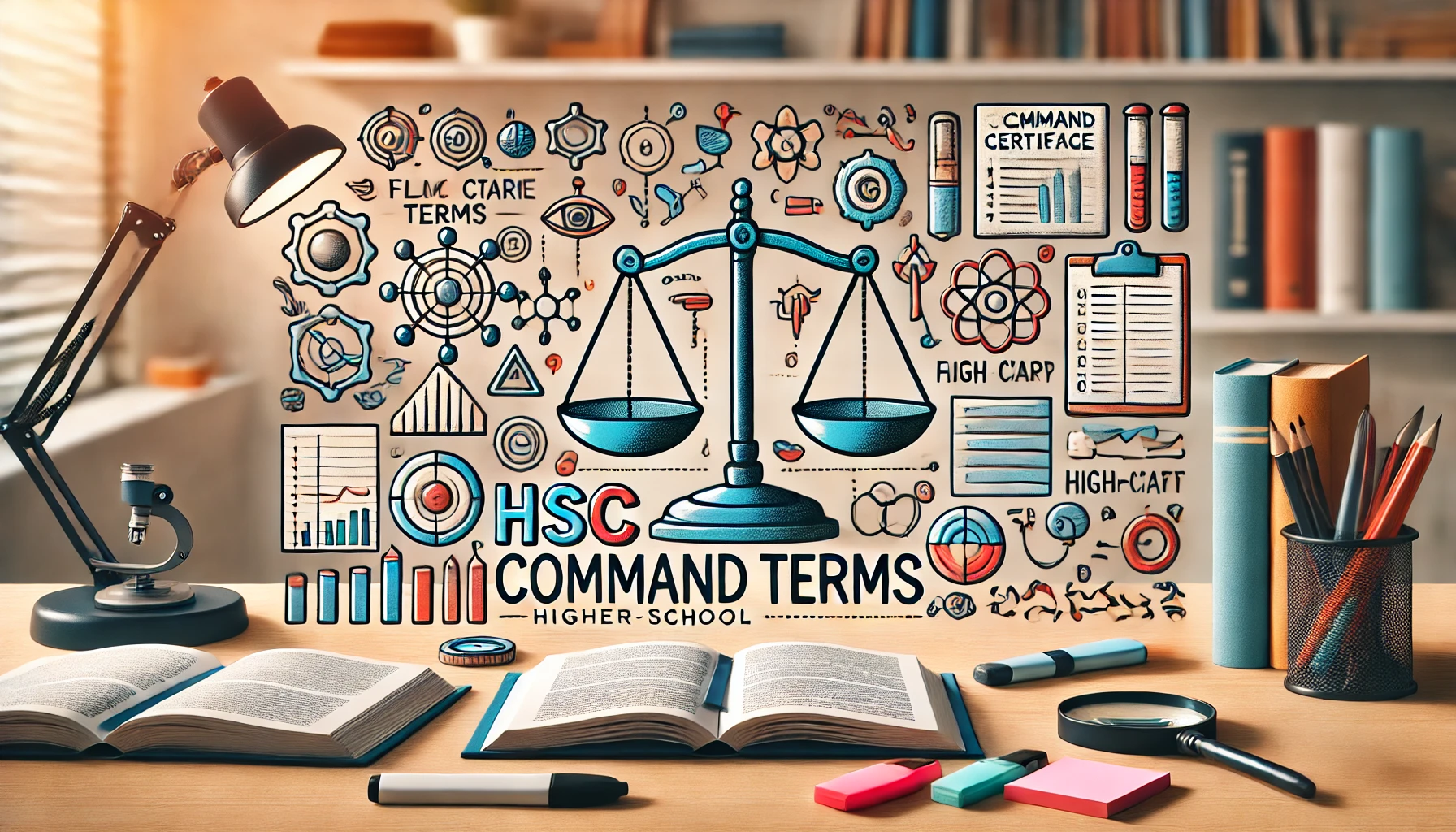
The 2024 HSC English Advanced exam was designed to assess students' ability to engage with complex texts, critically analyse ideas, and demonstrate sophisticated writing skills. The exam required students to respond to unseen texts, analyse prescribed texts in depth, and craft original compositions. Spanning two papers, the exam evaluated students across three key modules:
- Paper 1: Texts and Human Experiences
- Paper 2: Modules A, B, and C
Each section tested students’ ability to interpret texts, analyse language and structure, and express ideas with clarity and depth. The exam demanded not only strong analytical skills but also originality and control over written expression.
The Easiest and Hardest Questions
Among the exam questions, Question 3 from Paper 2 (Module C: The Craft of Writing) was arguably the most accessible. It required students to craft a discursive or persuasive piece responding to the statement:
"For all the benefits gained by time-saving inventions, there’s much to be said for going back to basics... So, could there be benefits to leading a life less convenient?"
This question allowed creative freedom, enabling students to use their personal voice and experiences to construct a compelling argument. Since Module C focuses on writing style rather than deep textual analysis, many students found this the most approachable section.
In contrast, Question 1 from Paper 2 (Module A: Textual Conversations) was the most challenging. It asked:
"To what extent has your perspective of the earlier text determined your interpretation and appreciation of the later text?"
This question required students to critically evaluate inter-textual connections between two prescribed texts while integrating historical, cultural, and contextual influences. Many struggled with balancing textual evidence, conceptual discussion, and evaluative language, making this the most demanding question in the exam.
💡Check out our blog post that offers comprehensive insights into mastering English Advanced for HSC.
Key Takeaways from the 2024 HSC English Advanced Examination Report
Success in the HSC English Advanced exam requires a combination of deep textual understanding, strong analytical skills, and well-structured writing. The 2024 examination report highlights the qualities of high-scoring responses, common mistakes made by students, and key areas for improvement. Below is a breakdown of what makes a strong response, the general advice to students, and specific pitfalls to avoid in future exams.
Key Skills to Focus on for English Advanced Students
The examiner’s report emphasised that the best responses in the 2024 exam shared the following qualities:
- Clear, conceptual responses – High-achieving students engaged with the big ideas in their texts rather than simply recounting the plot. They demonstrated a strong understanding of themes, textual integrity, and authorial purpose.
- Sophisticated textual analysis – The strongest responses effectively analysed language, form, and structure, showing how they shaped meaning. Rather than just identifying literary devices, these students explained their effect and purpose within the text.
- Strong engagement with the question – The best essays directly answered all parts of the question and integrated key terms in a conceptual argument. Responses that strayed into prepared essays with limited connection to the specific question did not perform as well.
- Well-selected textual evidence – Top responses used detailed and well-chosen quotes that enhanced their argument. They avoided broad generalisations and instead unpacked specific moments in the text to support their ideas.
- Fluent and structured writing – Effective responses had clear topic sentences, logical progression, and a sustained line of argument. They maintained a formal and sophisticated writing style, avoiding overly complex or convoluted phrasing.
- Contextual awareness – For modules like Textual Conversations and Critical Study of Literature, high-scoring responses showed a strong understanding of the historical, cultural, and personal influences that shaped both the texts and their reception.
💡Understand how HSC scaling works and discover which subjects get scaled the most and the least.

General Advice to Students from the 2024 Report
The examiner’s feedback highlights the importance of developing a structured, well-supported argument across all sections of the exam. Key recommendations include:
- Engage deeply with all aspects of the question – Successful students did not ignore key terms or simplify the question into a more familiar form. Instead, they demonstrated a nuanced understanding of what was being asked.
- Write with clarity and purpose – Avoid overly complicated or verbose writing. Instead, prioritise clarity, conciseness, and precision in your analysis.
- Balance textual and contextual analysis – While it’s important to acknowledge the context of a text, responses should not rely on historical recount without linking it to textual meaning.
- Use comparative language in Module A – In Textual Conversations, students needed to sustain the comparison between the texts, rather than discussing them separately. Using terms such as “By contrast...”, “Similarly...”, or “This intertextual connection highlights...” helped structure the analysis effectively.
- Demonstrate a personal engagement with the text – Examiners encouraged students to show how their own insights and interpretations developed through their study. Memorised, generic responses lacked depth and did not score as well.
💡Boost your literary and poetic analysis skills with our **guide.** We have also created the ultimate guide to metalanguage to help improve your English scores!
Common Mistakes in the 2024 Exam
Despite strong performances from many students, the examiner’s report noted several common errors that impacted marks:
- Superficial or descriptive responses – Many students summarised rather than analysed, especially in the Texts and Human Experiences module. Simply recounting events or listing techniques without explaining their effect resulted in lower marks.
- Failure to fully address the question – Some responses only focused on part of the question, particularly in Module B (Critical Study of Literature), where students sometimes ignored the aspect of "literary value."
- Weak integration of textual evidence – Some students used vague or minimal textual support, failing to analyse key moments in detail. Others included too many examples without unpacking them, leading to rushed or surface-level discussion.
- Limited comparative analysis in Module A – In Textual Conversations, weaker responses treated each text separately instead of evaluating their relationship. High-performing students maintained a comparative discussion throughout, rather than structuring their essay as two distinct text analyses.
- Over-reliance on pre-prepared essays – While it’s useful to develop strong essay structures in preparation, many students struggled because they forced memorised responses onto the question rather than adapting their arguments to suit the specific wording.
- Not understanding the key directive verbs – Words like “evaluate”, “assess”, and “analyse” require different approaches. Some students missed out on marks by writing descriptively rather than making a clear judgement (e.g., in Module B, where students were asked to evaluate the "artistry and integrity" of their prescribed text).
💡Check out why past papers are the best way to study for exams!

Final Thoughts
The HSC English Advanced exam is designed to challenge students' ability to think critically and respond effectively to complex ideas. The 2024 examination report highlights that the best responses were those that engaged deeply with the question, presented a clear argument, and supported ideas with detailed analysis and well-integrated evidence.
To improve, students should practise writing responses under timed conditions, focus on comparative analysis in Module A, refine their use of textual evidence, and ensure they engage critically with the question. By developing these skills, students can approach the 2025 HSC English Advanced exam with confidence and clarity.








